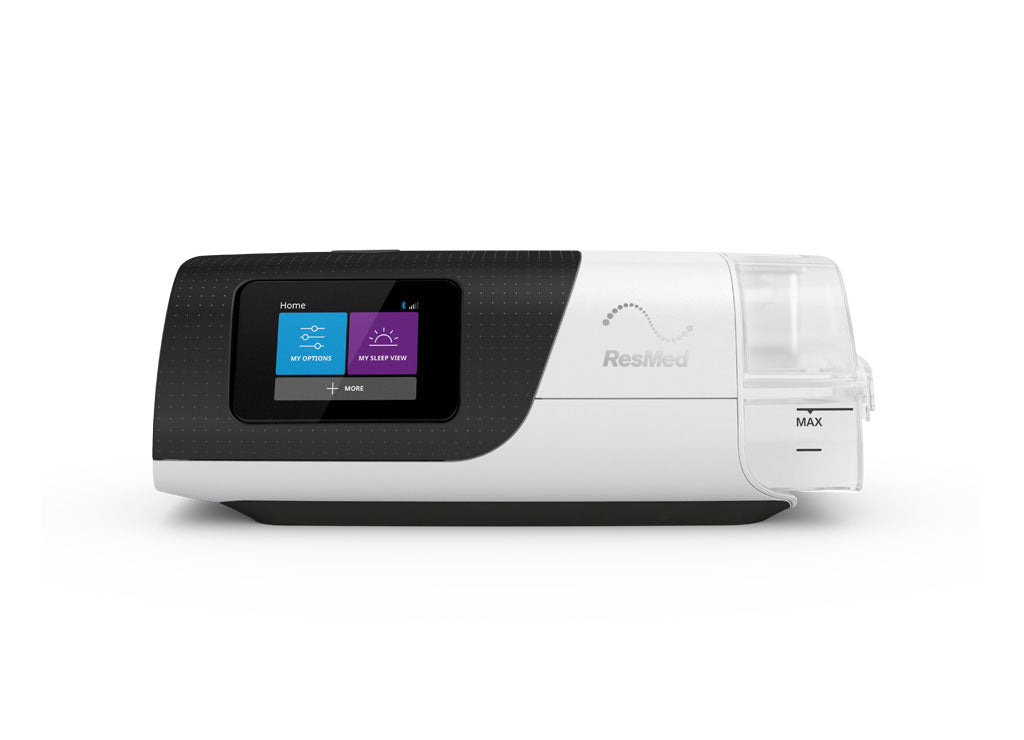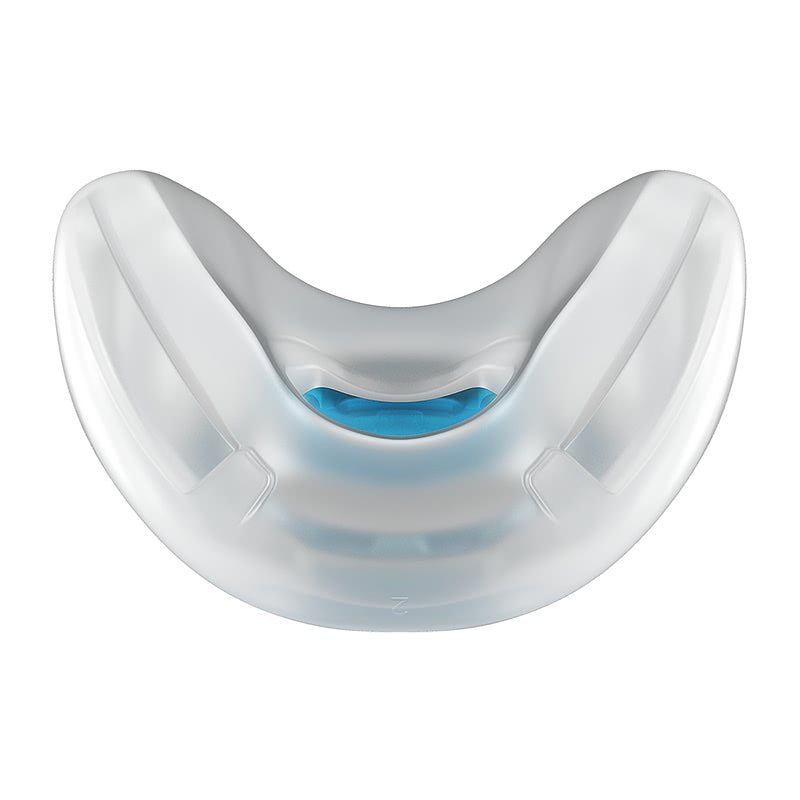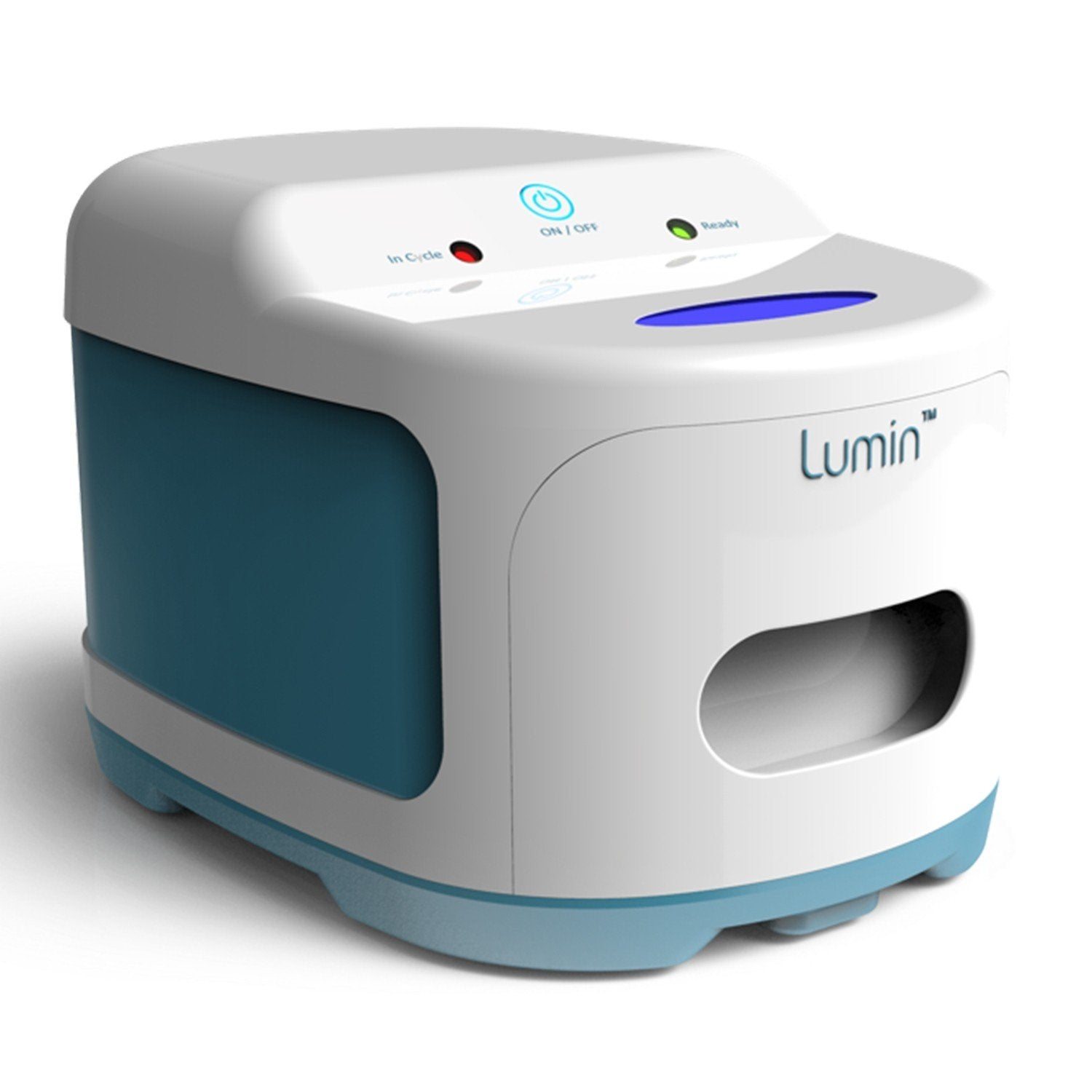
How does sleep apnea affect women?
Share
Sleep apnea is a common disorder that affects millions of people worldwide. It is characterized by interrupted breathing patterns during sleep, which leads to snoring, choking, and gasping for air. While most people believe that sleep apnea only affects men, the truth is that it affects women too.
Sleep apnea can have a significant impact on women's health. Women with sleep apnea may experience fatigue, mood swings, headaches, and difficulty concentrating during the day. They may also suffer from depression and anxiety, which can further affect their quality of life.
Research has shown that women are more likely to develop sleep apnea after menopause. The drop in estrogen levels during menopause can lead to weight gain and an increase in the amount of fat stored around the neck and upper airway, which can narrow the airway and cause sleep apnea.
Women who are pregnant may also be at risk for sleep apnea. The increased weight gain and hormonal changes during pregnancy can also cause the airway to narrow, leading to sleep apnea. Sleep apnea during pregnancy can increase the risk of complications such as pre-eclampsia, gestational diabetes, and preterm delivery.
Other risk factors for sleep apnea in women include obesity, smoking, alcohol consumption, and a family history of the disorder. Women who have polycystic ovary syndrome (PCOS) are also at increased risk of developing sleep apnea.
If left untreated, sleep apnea can lead to serious health problems such as high blood pressure, heart disease, stroke, and diabetes. Therefore, it is essential for women to recognize the symptoms of sleep apnea and seek treatment as soon as possible.
The most common treatment for sleep apnea is continuous positive airway pressure (CPAP) therapy, which involves wearing a mask that delivers air pressure to keep the airway open during sleep. Other treatment options include weight loss, positional therapy, and oral appliances.
In conclusion, sleep apnea is a serious disorder that can affect women as well as men. Women who suspect they may have sleep apnea should seek medical attention to get an accurate diagnosis and proper treatment. Early treatment can improve sleep quality and overall health, leading to a better quality of life.
Tags: Sleep apnea, women's health, menopause, pregnancy, CPAP therapy, risk factors, treatment options.




